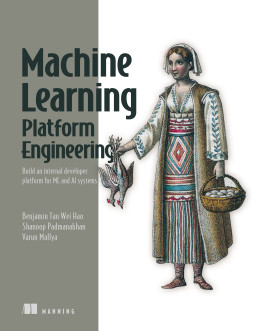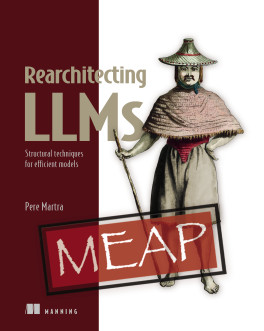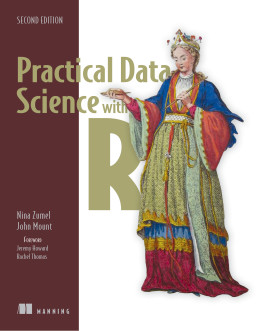pro $24.99 per month
- access to all Manning books, MEAPs, liveVideos, liveProjects, and audiobooks!
- choose one free eBook per month to keep
- exclusive 50% discount on all purchases
- renews monthly, pause or cancel renewal anytime
lite $19.99 per month
- access to all Manning books, including MEAPs!
team
5, 10 or 20 seats+ for your team - learn more
Wonderful project to work on. Author may explain about mortgage problems, but it applies to most machine learning problems.

Look inside
In this liveProject, you’ll use the open source AI Fairness 360 toolkit from IBM and the “equalized odds post-processing” method to post-process your model for the purpose of bias mitigation. “Equalized odds post-processing” seeks to mitigate bias by making modifications to the prediction label after a model has been trained. After charting bias metrics on a basic classifier, you’ll tune the classification threshold to explore the impact on revealed biases.
This project is designed for learning purposes and is not a complete, production-ready application or solution.
I definitely learned some useful tools, such as AIF360. I will definitely be using it in the near future.
prerequisites
The liveProject is for beginner data scientists and software engineers looking to tackle the basic principles of measuring and mitigating ML bias. To begin this liveProject, you will need to be familiar with:TOOLS
- Basic Python
- Basic Jupyter Notebook
- Basic pandas
- Basic scikit-learn
- Basic seaborn
- Basic machine learning
 features
features
- Self-paced
- You choose the schedule and decide how much time to invest as you build your project.
- Project roadmap
- Each project is divided into several achievable steps.
- Get Help
- While within the liveProject platform, get help from fellow participants and even more help with paid sessions with our expert mentors.
- Compare with others
- For each step, compare your deliverable to the solutions by the author and other participants.
- book resources
- Get full access to select books for 90 days. Permanent access to excerpts from Manning products are also included, as well as references to other resources.
choose your plan
team
monthly
annual
$49.99
$499.99
only $41.67 per month
- five seats for your team
- access to all Manning books, MEAPs, liveVideos, liveProjects, and audiobooks!
- choose another free product every time you renew
- choose twelve free products per year
- exclusive 50% discount on all purchases
- renews monthly, pause or cancel renewal anytime
- renews annually, pause or cancel renewal anytime
-
![]() Mitigating Bias with Postprocessing project for free
Mitigating Bias with Postprocessing project for free


















 Mitigating Bias with Postprocessing project for free
Mitigating Bias with Postprocessing project for free